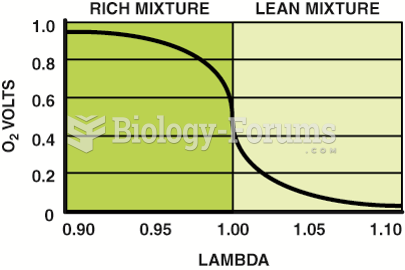|
|
|
A recent study has found that following a diet rich in berries may slow down the aging process of the brain. This diet apparently helps to keep dopamine levels much higher than are seen in normal individuals who do not eat berries as a regular part of their diet as they enter their later years.
The first war in which wide-scale use of anesthetics occurred was the Civil War, and 80% of all wounds were in the extremities.
Carbamazepine can interfere with the results of home pregnancy tests. If you are taking carbamazepine, do not try to test for pregnancy at home.
The strongest synthetic topical retinoid drug available, tazarotene, is used to treat sun-damaged skin, acne, and psoriasis.
A strange skin disease referred to as Morgellons has occurred in the southern United States and in California. Symptoms include slowly healing sores, joint pain, persistent fatigue, and a sensation of things crawling through the skin. Another symptom is strange-looking, threadlike extrusions coming out of the skin.
 C:N ratios differ a great deal among the tissues of pines and between the woody tissues of pines and
C:N ratios differ a great deal among the tissues of pines and between the woody tissues of pines and
 The skulls of living haplorhines differ from those of strepsirhines by having large brains, an enclo
The skulls of living haplorhines differ from those of strepsirhines by having large brains, an enclo
 The crania, and especially the faces of KNM-ER 1813 and 1470, differ enough that some scientists inc
The crania, and especially the faces of KNM-ER 1813 and 1470, differ enough that some scientists inc




